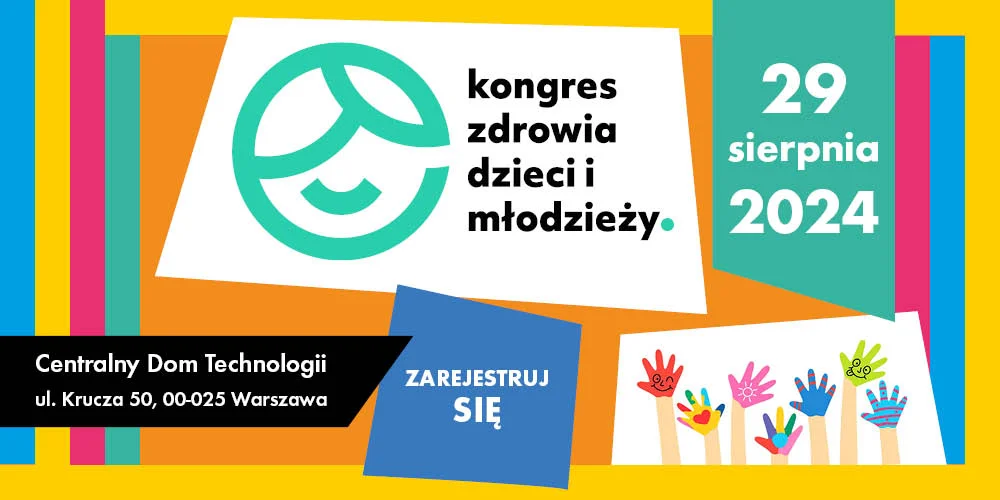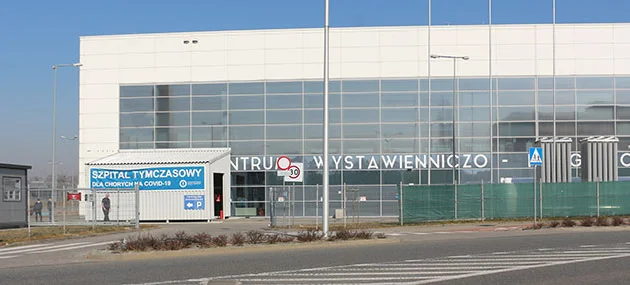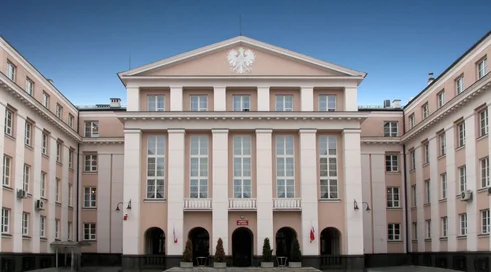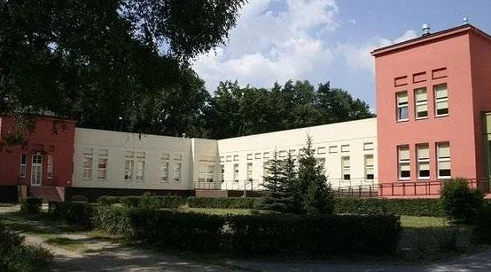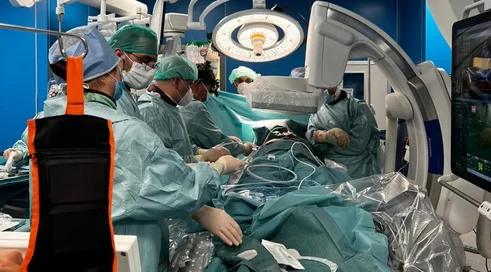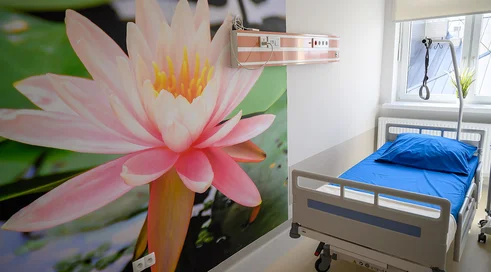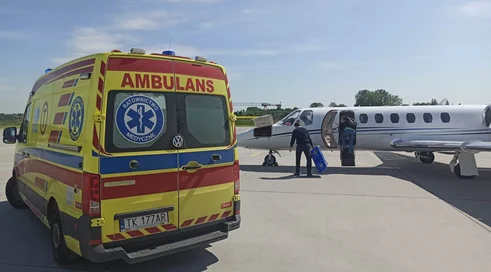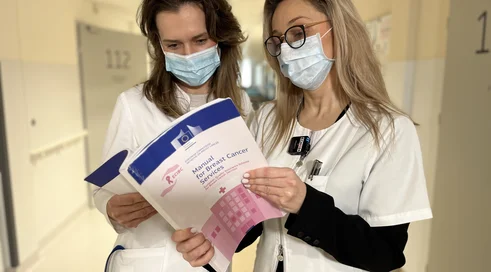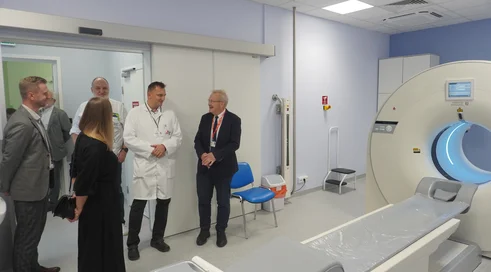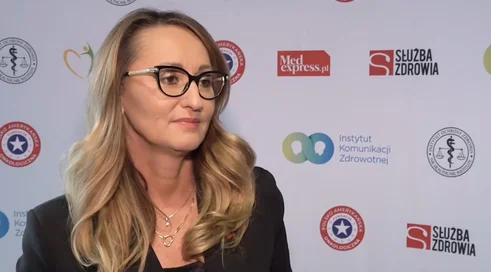The Opole Delegation investigated how the Opole Governor's Office carried out the management of tasks related to the prevention, counteraction and eradication of COVID-19, including the establishment of the Interim Hospital, the conversion of hospitals into single-name infectious hospitals, the establishment of isolatoria and the disposition of funds from the COVID-19 Prevention Fund. The subject of the audit was also the organization and operation of the Interim Hospital by the University Clinical Hospital in Opole, and how the Provincial Hospital ran isolatoria.
According to the NIK auditors, the Governor's actions related to the establishment of the Temporary Hospital were fraught with serious irregularities. The Governor did not ensure a reliable verification of the price offer for the adaptation of the building of the Exhibition and Convention Center in Opole to the needs of the Temporary Hospital. An expert appointed by NIK estimated that expenses of almost PLN 2 million 700 thousand higher than the market value of the completed works were incurred for this purpose. It was obvious to NIK from the beginning of the audit that the establishment of the Temporary Hospital at the CWK could not be limited solely to the insertion of beds and medical apparatus into the hall. Meeting the requirements envisaged for the Temporary Hospital required a number of adaptation works, including the separation of a clean zone and a contaminated zone in the facility. However, the incurred cost of PLN 11.81 million was overstated given that the base for the establishment of the Temporary Hospital was the existing modern CWK facility commissioned in 2014 and equipped with all connections, systems and installations, except for the installation of medical gases.
Reliable supervision of medical equipment purchases was not ensured, so that the Temporary Hospital was equipped with a device for automatic cutting and packaging of drug blister packs worth almost PLN 870,000, which was not necessary for its operation. Construction work on the adaptation of the CWK to the Temporary Hospital was carried out under conditions of arbitrary construction - i.e. without the required building permit and in violation of the Local Land Use Plan, and some construction work was carried out in violation of technical requirements and the rules of construction.
The selection of the contractor for the construction works was carried out without the application of the Public Procurement Law, which was a legitimate and expedient action given the required short deadline for the establishment of the Temporary Hospital. No documentation was prepared at the Provincial Office to show why Mostostal Zabrze was selected as the contractor for the investment. From the explanations obtained by the NIK, it appears that this was an arbitrary decision by the Voivode, with the Voivode explaining that he does not remember who contacted the contractor regarding the implementation of the investment, nor does he remember by whom the contractor was indicated to him as a company capable of carrying out the investment.
The remuneration for the construction work was determined on the basis of the price quoted by the contractor without ensuring that negotiations were conducted fairly or attempts we...
Content locked
To gain access to the complete English section of the Medexpress.pl, kindly reach out to us at [email protected].




